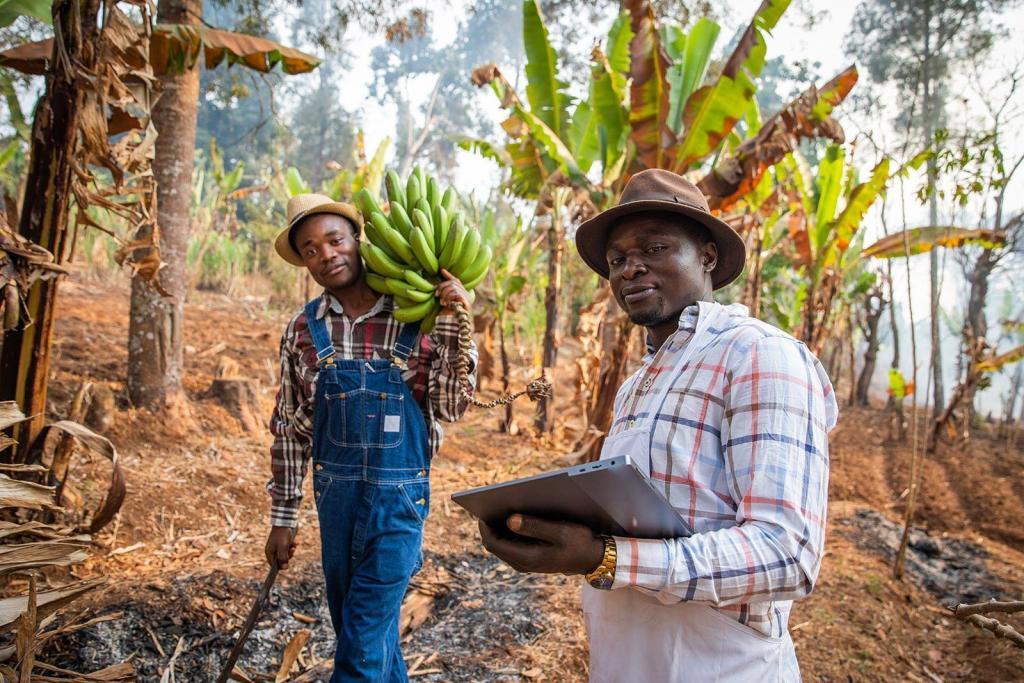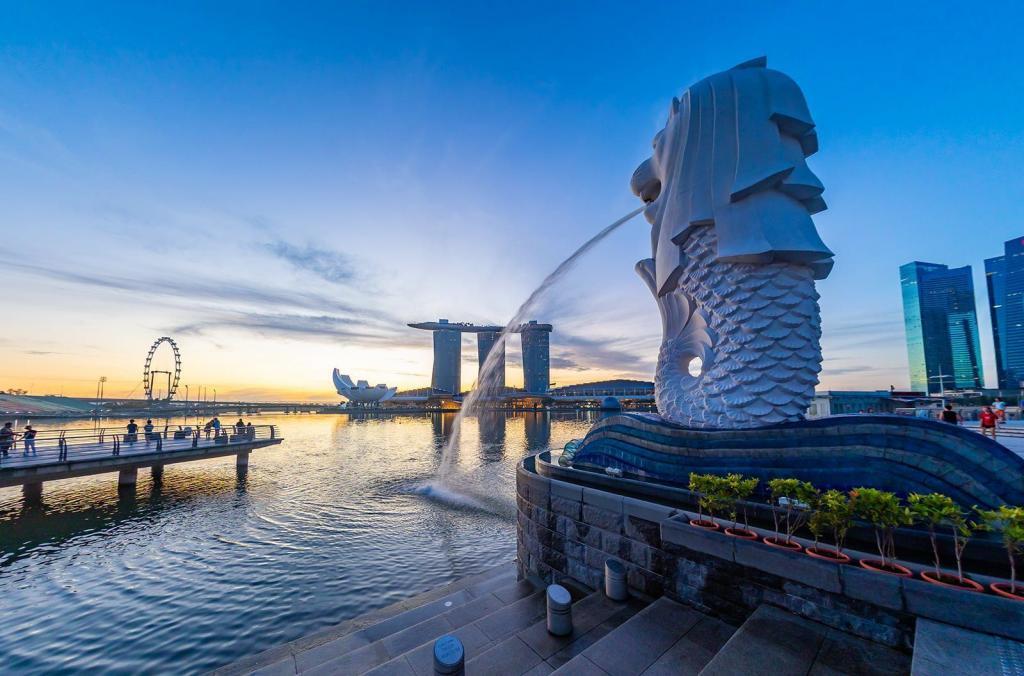Restrictions on Certain Types of Food and Plans
Many countries have strict regulations on the importation of certain types of food and plants. For example, Australia has strict rules on importing fresh fruits and vegetables, while Japan prohibits the importation of certain types of seeds and plants. It’s important to research the specific regulations of the country you’re shipping to and ensure that your package complies with their rules. Failure to do so could result in your package being seized or destroyed by customs officials. While rules like these seem somewhat straight forward, other’s may leave you scratching your head – we outline just a few in the rest of this article.
Strange Shipping Laws from Around the Globe

No Bananas in Transit in Cameroon
In Cameroon, it is illegal to transport or sell bananas that are too ripe. The law states that bananas must be green and unripe when they are transported or sold. This is because overripe bananas are seen as a health hazard and can attract insects and other pests. Violators of this law can face fines or even imprisonment.
No Whistling While Loading or Unloading in Sri Lanka
In Sri Lanka, it is considered bad luck to whistle while loading or unloading cargo from a ship. This superstition is taken so seriously that it has been made into a law. Violators can face fines or even imprisonment. The belief is that whistling can summon evil spirits and bring bad luck to the voyage. So, if you’re ever in Sri Lanka and need to load or unload cargo, make sure to keep your whistling to a minimum!
Shipping Baby Alligators inside the USA
Before shipping baby alligators, it is important to understand the legal requirements involved. In the United States, alligators are protected under the Endangered Species Act and the Lacey Act, which regulate the import, export, and interstate transport of wildlife. You will need to obtain the necessary permits and follow specific regulations to ensure compliance with these laws. For instance, while it is illegal to ship a snake within the USA, according to the U.S. Postal Service, you may ship a gator as long as it is less than 20 inches long.

No Chewing Gum in Singapore
Did you know that chewing gum is banned in Singapore? The law was put in place in 1992 to combat the problem of gum littering on the streets and public transportation. The ban includes the sale, import, and possession of chewing gum, except for therapeutic gum that is prescribed by a doctor. Violators can face fines or even imprisonment. So, if you’re planning to ship goods to Singapore, make sure to leave the chewing gum at home!
No Importing Used Underwear in Zimbabwe
Yes, you read that right. In Zimbabwe, it is illegal to import used underwear. The law was put in place to prevent the spread of diseases and infections. Violators can face fines or even imprisonment. So, if you’re planning to ship goods to Zimbabwe, make sure to leave the used underwear out of your shipment.
No Exporting Sand from Morocco
Did you know that it is illegal to export sand from Morocco? The country has strict laws in place to protect its natural resources, including its beaches and sand dunes. Violators can face hefty fines and even imprisonment. So, if you were planning on bringing home a little bit of Moroccan sand as a souvenir, think again.
If you’re looking for ways to make your shipping efforts more efficient, contact us for details.
As part of our commitment to Supply Chain Sustainability, Nu-Era Logistics is a proud supporting member of the SmartWay program.
